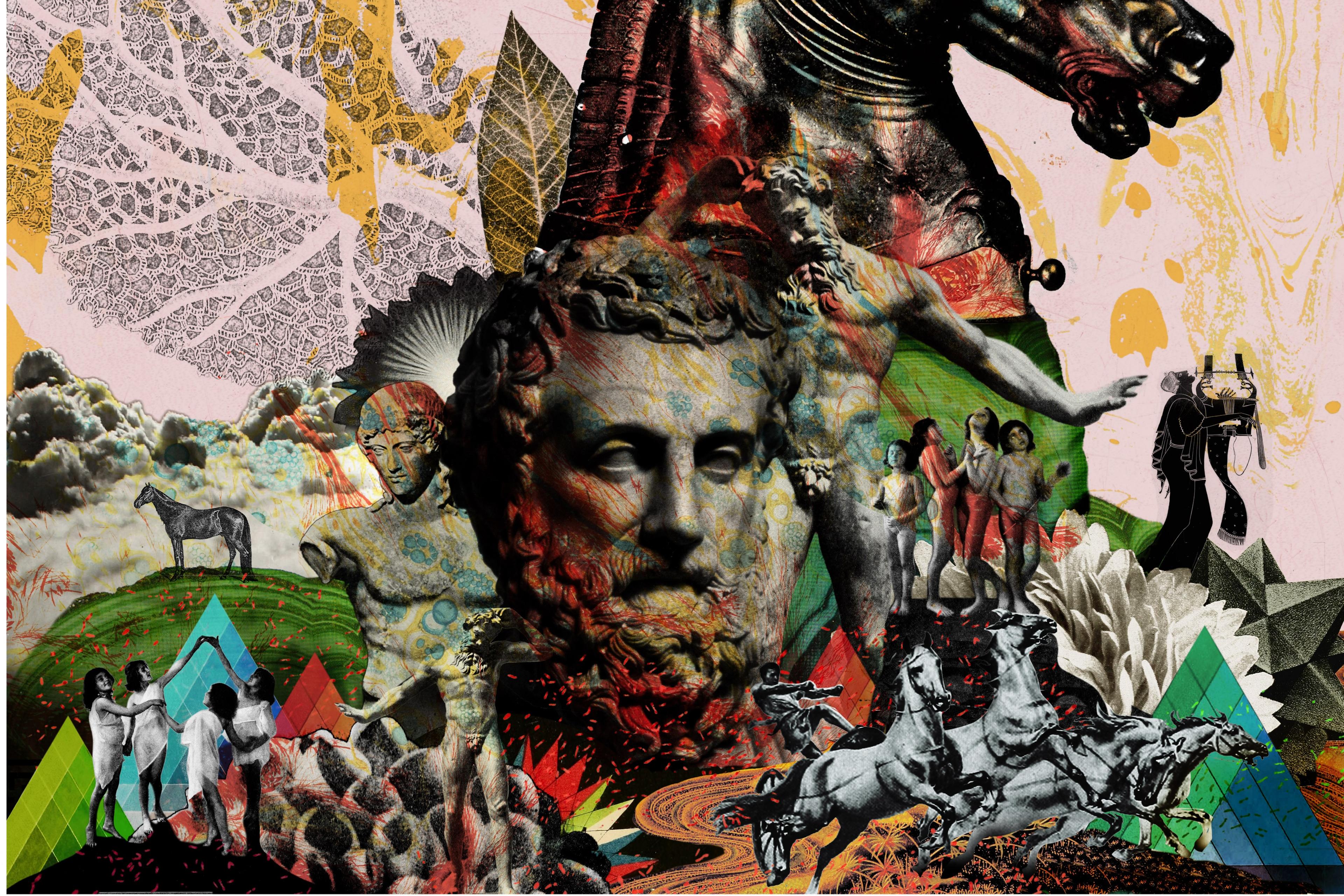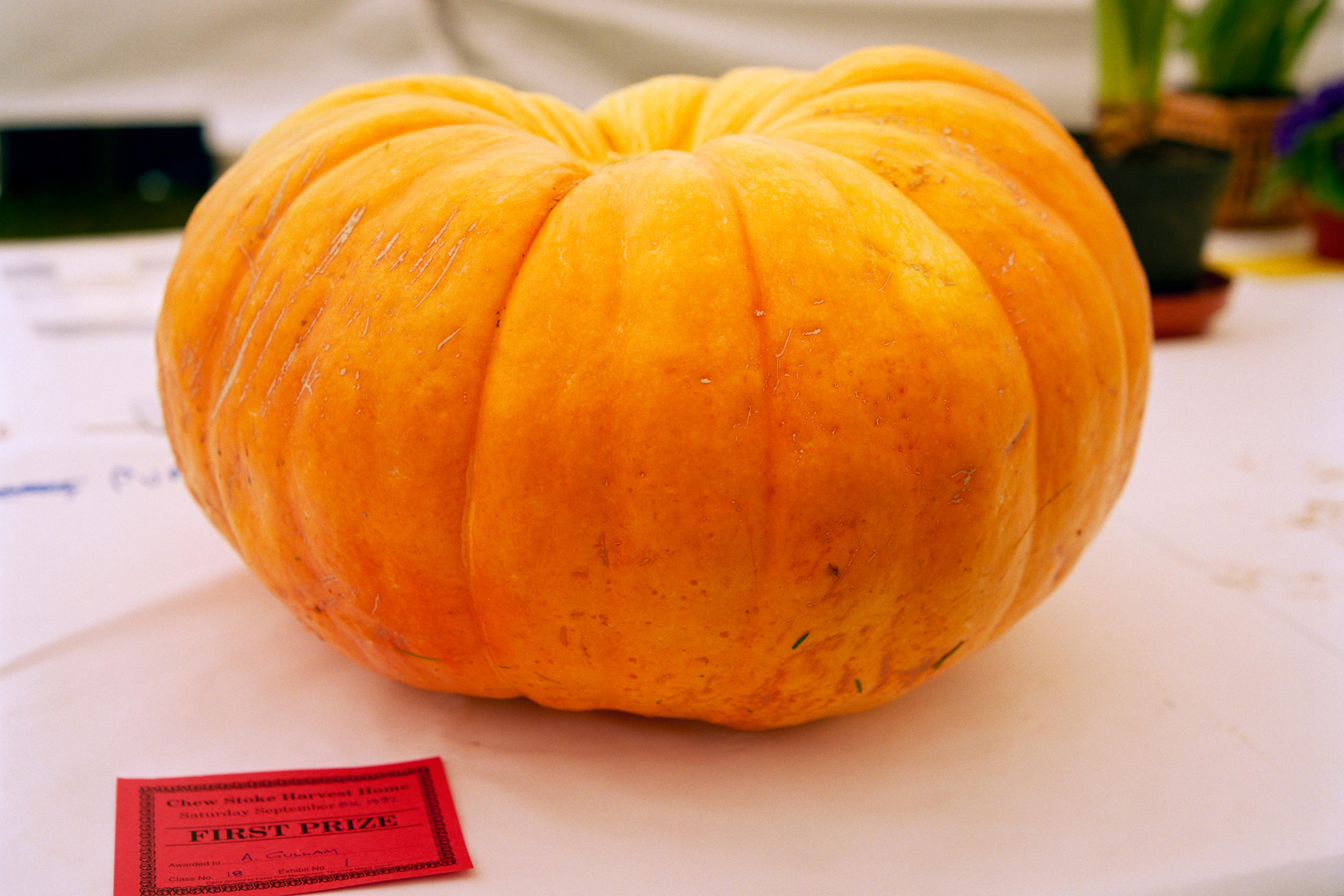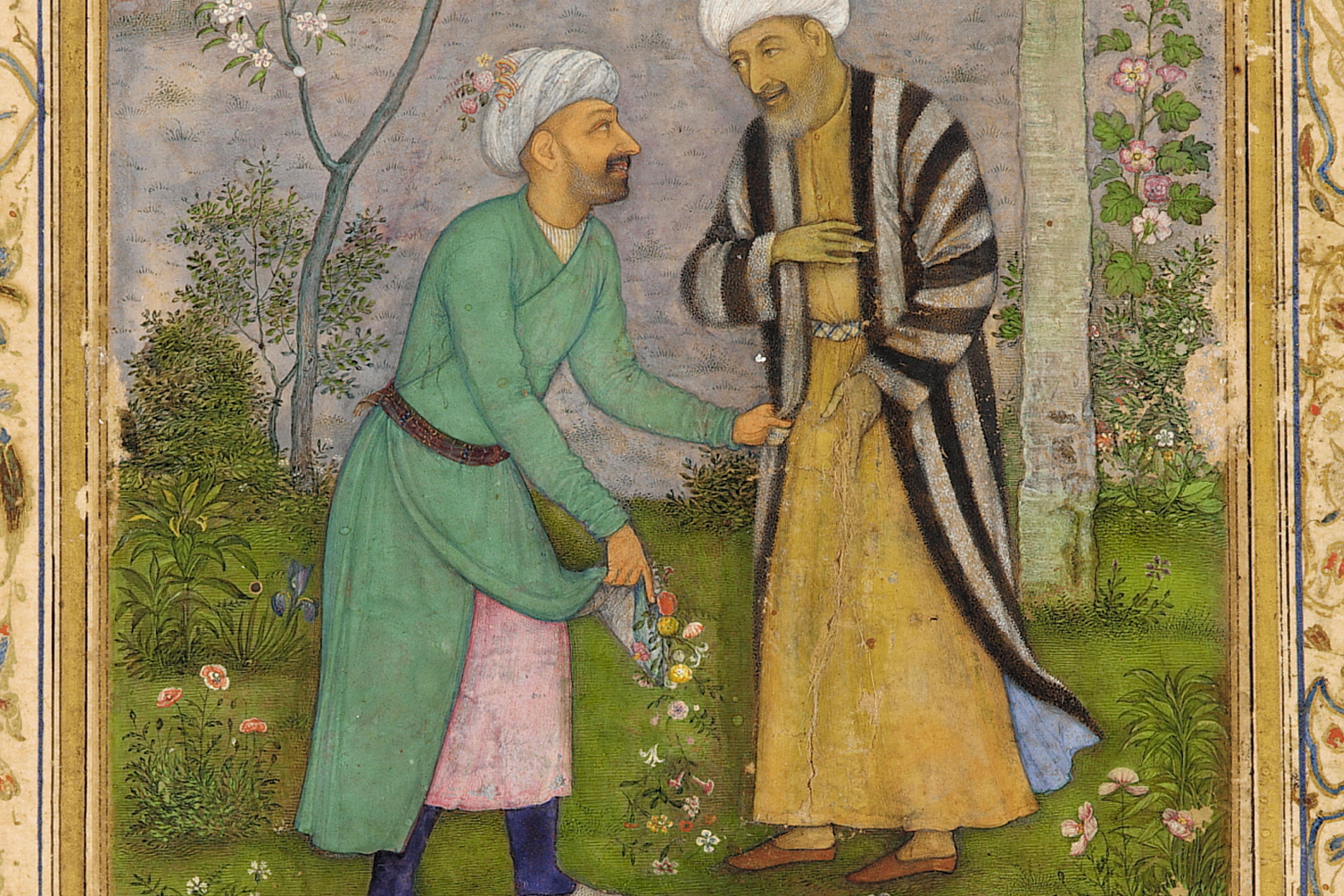
Why some of the smartest people can be so very stupid
Struggling to understand is perfectly honourable. Being wilfully stupid is something else and we should strive to fix it
by Sacha Golob

Struggling to understand is perfectly honourable. Being wilfully stupid is something else and we should strive to fix it
by Sacha Golob

What the new science of narcissism tells us about its nuances, and how to avoid its darts while gaining from its strengths
by W Keith Campbell & Carolyn Crist

Authenticity has changed from an inward gaze to a social display. Can we reconcile the performance with the real thing?
by Joseph E Davis

Honesty has fallen out of fashion, yet it is essential to self-improvement. How can we cultivate this neglected virtue?
by Christian B Miller

Weirdly hard to define, much less to feel OK about it, pleasure is a tricky creature. Can philosophy help us lighten up?
by Sam Dresser

You can’t stop people making demands on your time and energy, but you can develop assertiveness skills to protect yourself
by Rebecca Roache

Plato and Aristotle can help you resist conventional worldly success, direct your energy and find your own highest calling
by Benjamin Studebaker

Turn towards the light: contrary to popular belief, nice guys have more success and happiness in the long run
by Craig Neumann & Scott Barry Kaufman

Envious feelings can eat you up, but it doesn’t have to be that way. Here’s how to transform envy into a guide and motivator
by Josh Gressel

Just because you feel guilty doesn’t mean you’ve done something wrong. Relax the rules you live by and set yourself free
by Aziz Gazipura

Misanthropic female novelists and their characters make me hopeful for a future in which we shrug off feminine perfection
by Ellena Savage

Psychologists are discovering what’s going on when you do something you enjoy, but also feel weird or embarrassed about
by LaCount ‘JJ’ Togans

Conversation is a game with rules about politeness and norms. To move beyond small talk, you need to risk breaking them
by Idil Çakmur

Across 13th- to 19th-century Persianate culture, ‘adab’ meant more than manners – it was proper social and aesthetic form
by Mana Kia

Who can speak truth to the leaders? The story of parrhesía, from classical Greece to Christian martyrs and beyond
by Hartmut Leppin

Even well-intentioned white lies can foster disconnection and distrust – openness and honesty really are the best policy
by Elena Svetieva & Leanne ten Brinke